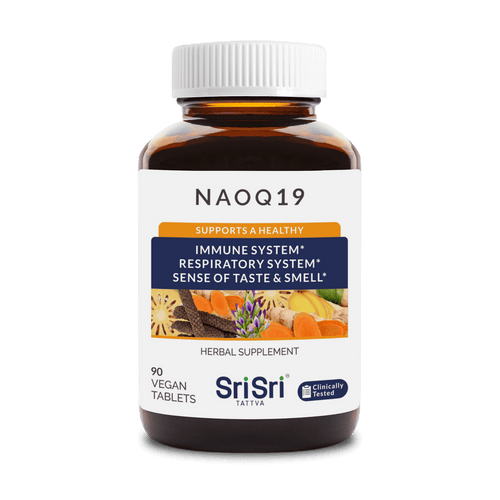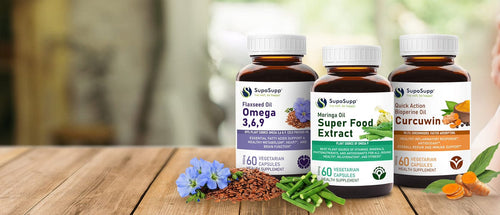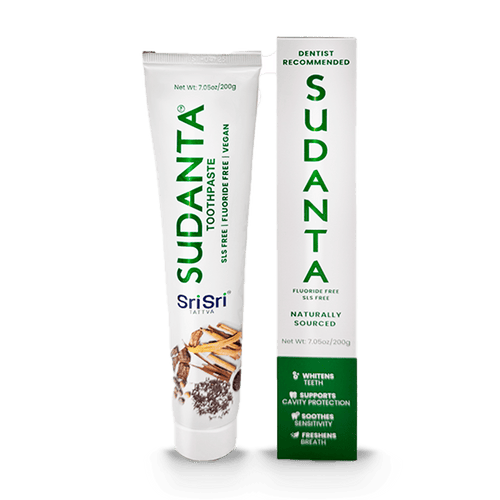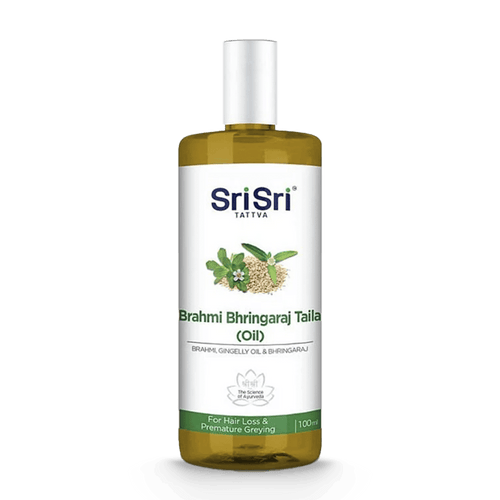Ghee is valued in daily diets for its ability to enhance flavor, provide concentrated energy, and support the absorption of fat-soluble vitamins like A, D, E, and K. Along with these nutritional advantages, it plays a role in digestion, joint health, and overall vitality, making it more than just a cooking fat. However, even with its many benefits, consuming ghee without understanding the right quantity can impact your health. To get the benefits of ghee, it is necessary to know how much ghee to use each day. This blog takes you through its everyday applications, the ideal quantity for different lifestyles, and how to include it in your diet without overconsumption.
Health Benefits of Consuming Ghee in Moderation
Supports Heart Health
Moderate ghee consumption may positively influence cardiovascular health. Unlike processed fats, ghee contains a unique type of saturated fat that may help raise HDL (good) cholesterol levels without significantly increasing LDL (bad) cholesterol.
Enhances Digestion
Ghee is rich in butyrate, a short-chain fatty acid that supports gut health by nourishing the cells of the intestinal lining. This can aid in digestion and promote a healthy gut microbiome.
Provides Essential Nutrients
Ghee is a good source of fat-soluble vitamins A, D, E, and K, which are vital for various bodily functions, including immune support, bone health, and skin integrity.
Boosts Immunity
The antioxidants present in ghee help combat oxidative stress, potentially enhancing the body's immune response and reducing inflammation .
Promotes Skin Health
Topical application of ghee may improve skin hydration and elasticity, aiding in wound healing and reducing inflammation. Internally, its nutrients contribute to a healthy complexion.
How Much Ghee Should You Consume Daily?
Ghee is calorie-dense, providing approximately 112 calories per tablespoon. Since fats should make up about 20–35% of your daily calories, keeping ghee intake within recommended limits helps maintain a balanced diet and prevents excess calorie intake that could lead to weight gain or other health concerns.
The right daily ghee usage depends on factors such as age, lifestyle, metabolism, and overall diet composition.
Recommended Daily Intake
-
For healthy adults with moderate physical activity, consuming 2 to 3 teaspoons (10 to 15 grams) of ghee daily use is safe and beneficial, providing balanced healthy fats that support energy production, hormone regulation, and cell repair.
-
Sedentary adults who engage in minimal physical activity usually require less energy, so 1 to 2 teaspoons of ghee per day is typically sufficient to meet their dietary fat needs without adding excess calories.
-
Active adults and athletes have higher energy demands due to intense physical activity and muscle recovery. For these individuals, 3 to 4 teaspoons of ghee daily can help supply the additional energy and fats necessary for performance and repair.
-
Children need a smaller amount of ghee, roughly around 1 teaspoon per day, as part of a balanced diet that supports their growth and brain development.
Ghee Intake Guidelines
-
If your diet already includes high-fat foods like cheese, butter, or fried snacks, your ghee intake should be lower.
-
For weight loss, limit ghee to 1-2 teaspoons daily while maintaining a calorie deficit.
-
For weight gain, 3-4 teaspoons daily can provide extra calories.
-
Those with heart disease, high cholesterol, or fatty liver should consult a healthcare professional before increasing ghee consumption.
|
Note - Everyone’s nutritional needs differ based on genetics, activity levels, and health conditions. The above recommendations serve as general guidelines. It’s always best to consult with a registered dietitian or healthcare provider to personalize your ghee intake, especially if you have existing medical concerns. |
Practical Tips for Healthy Ghee Consumption
Maximize Nutrients by Adding Ghee at the Right Time
For the best health benefits and rich flavor, add ghee at the end of cooking to preserve its valuable vitamins like A and E. Using a small amount while cooking, then drizzling a little before serving, helps you enjoy its full nutritional potential without extra calories.
Opt for organic, grass-fed ghee
Grass-fed ghee butter generally has higher levels of omega-3 fatty acids, conjugated linoleic acid (CLA), and vitamins, which can support heart health, immunity, and inflammation control. It should also be free from pesticides and synthetic hormones often found in conventional dairy.
Pair ghee with other healthy fats
Balance your diet by combining ghee with unsaturated fats from sources like nuts, seeds, and avocados. This helps you get a mix of fatty acids that support heart health and improve nutrient absorption.
Know your tolerance
Ghee is almost free of lactose and casein, making it safe for most people with lactose intolerance. However, those with dairy allergies should be cautious, as trace milk proteins may still be present.
Consider Combining with Turmeric
Mixing a small pinch of turmeric into your ghee can boost its natural anti-inflammatory effects. This combination is valued in traditional medicine for supporting joint health and reducing inflammation in the body.
Avoid Eating Other Foods Immediately After
For better digestion and nutrient absorption, it’s best to wait 15 to 30 minutes after consuming ghee before eating other foods. This pause allows your body to fully absorb the beneficial fats and vitamins that ghee provides.
Conclusion
In the end, enjoying ghee is about finding the sweet spot where flavor meets health. Measure your portions, be mindful of your lifestyle, and let ghee enrich your diet without overwhelming it. Choose high-quality options like Sri Sri Tattva’s Golden Monkey Ghee, made from the milk of healthy, grass-fed cows using traditional methods, to get pure taste, rich nutrition, and authentic wellness in every spoonful.





